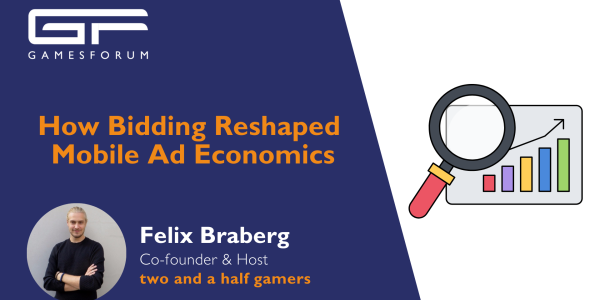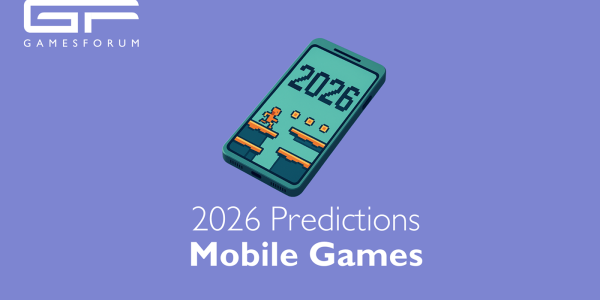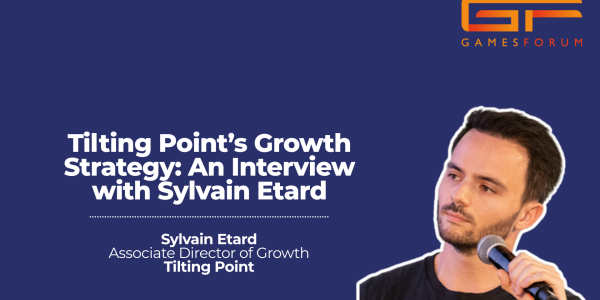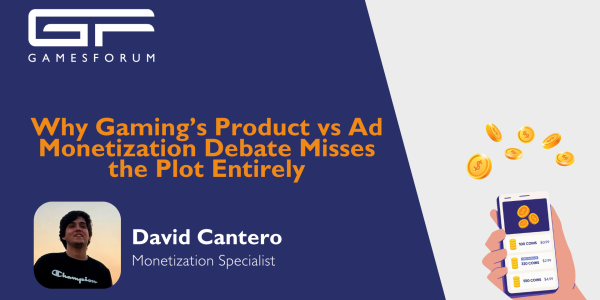Games for Non Games: How Idle Courier Tycoon Delivers
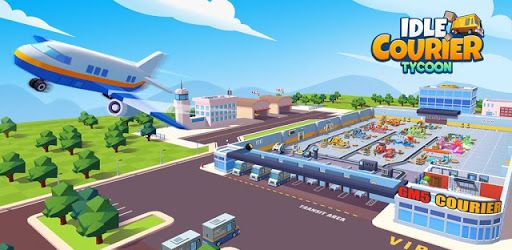
By Andi Nuruljihad for Gamesforum
Century Games' Idle Courier is another casual simulator game with an over-literal title (as is the trend). Players are put in charge of a delivery business. You begin with a small warehouse with two loading docks and must upgrade the various elements of the company's workflow until you earn enough to expand into the next building.
Idle Courier makes little effort to hide its monetisation goals behind pretexts of gameplay — I averaged one rewarded video ad for every minute of play. Additionally, there isn't much game to Idle Courier. It's about as simple as a game can get and still be considered a simulation.
So, Idle Courier is shallower than other titles of its genre, and it's filled to the brim with ads — how is it dominating up the charts?
Idle Courier uses some very clever tricks to keep the player engaged despite its aggressive ad rate and uninspired gameplay.
Ads as a Part of the Game’s Strategy

Idle Courier is a game that plays itself. You begin the game with a basic setup already in place. Even if you never touch the upgrade buttons, your business will continue to generate money forever. You don’t determine delivery routes, machine placement; there’s only one thing the player has any control of: how fast they make money.
You can increase the rate that you generate money by upgrading the machines in your building. Like all free-to-play simulation games, the player is expected to patiently wait until they have enough money for the next upgrade.
But there's another, less apparent means for making money, and it's much faster than actually playing Idle Courier. Every minute or so, a notification flashes on the right-hand side of the player's screen indicating that a VIP Investor has arrived. Players can watch a rewarded ad video to receive a huge sum of money immediately.
It soon becomes apparent that you have to watch the VIP ads if you want to make meaningful progress in Idle Courier. And so the goal of Idle Courier shifts focus. It's no longer about playing the game, it's about watching ads to make enough money to play the game.
Slow and Steady Progress

If you’re a simulation game fan, you must be saying to yourself, “Playing a game about watching ads doesn't sound fun at all!”
As strange as it sounds, Idle Courier is a game for non-gamers, and that’s a massive market. Century Games is catering to an audience that isn’t looking for a challenge — they weren’t even necessarily looking for a simulation game. Non-gamers don’t come to a game like Idle Courier to streamline work processes, manage delivery routes, or calculate efficient machine layouts. They come for the simple, intuitive gameplay and stay for the positive feedback loop and a sense of progression.
As is typical with free-to-play titles, new players are given rewards and upgrades at high frequency. As they spend more time with the game, the frequency of the rewards drops. They have to play longer and spend more time actively playing before they earn their next reward.
Monetisation Model

Idle Courier employs a mixed monetisation model of in-app purchases and rewarded video ads.
The lack of forced interstitial ads is notable here; it's a sign of an industry-wide shift away from forced ads in favour of rewarded video. How in-app purchases work is a bit unorthodox, especially for a free-to-play title, but that's something we'll get into in a moment.
Two currencies drive progress in Idle Courier: money (the regular, in-game currency) and gems (the premium currency).
The gameplay loop revolves around the spending and earning of money. The player spends money upgrading the various elements of their delivery business. These upgrades allow your business to generate more money, which the player invests back into upgrades to make even more money. Money cannot be purchased in the in-game store, but you can double its production rate for a short while by watching an ad. Occasionally, you will be approached by a "VIP Investor" who offers a large injection of money if you watch a rewarded video ad.
In most free-to-play games, the sheer number of items in the in-game shop can be overwhelming. In some cases, you need a calculator to know which package will give you the best value for your dollar.
Idle Courier keeps things incredibly simple: the shop only sells Gems, and Gems can only be used to purchase Golden Boxes. There are also three one-time purchases the player can make that provide permanent bonuses: remove ads, double revenue permanently, and get up to 10 hours of offline income.
Games for Non-gamers

Designing a game that vibes with non-gamers is not as easy as it sounds. Reward players too often and the game loses all sense of accomplishment. Don’t reward them enough and they’ll feel frustrated by the lack of progress. Throw in the fact that it’s a free-to-play game that relies on ads for revenue — ads that hog up players screens and takes them out of the game — and you’ve got a real challenge on your hands.
Idle Courier tackles these problems head on, indicating a deep understanding of their audience and the casual genre as a whole. Much of its success can be attributed to previous insights discovered by an entire industry (e.g. consumer behaviour data, feedback patterns, optimal progression curves), but Idle Courier is also a product that signifies a shift in advertising strategy and the power of the rewarded video ad.

